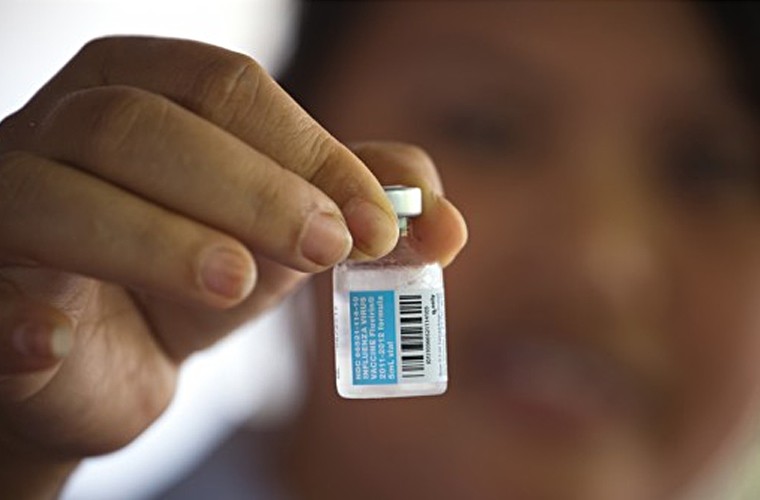
Influenza is often quite serious for people 65 and older due to the body’s gradual weakening of the immune system as we age. According to the Centers for Disease Control, in recent years it’s estimated that between 80 and 90 percent of seasonal flu-related deaths have occurred in people 65 years and older: Between 50 and 70 percent of seasonal flu-related hospitalizations have occurred among people in that age group. What should you do?
Here are three tips from the CDC that will help protect you from serious illness with the flu:
1. Get your flu shot. The best way to prevent the flu is with an annual flu vaccine. People 65 years and older have two flu shots available to choose from—a regular dose flu vaccine and a newer flu vaccine designed specifically for people 65 and older with a higher dose. Talk with your primary care provider about which is best for you.
2. Practice good health habits including covering coughs, washing hands often and avoiding people who are sick.
3. Seek medical advice quickly if you develop flu symptoms to see whether you might need medical evaluation or treatment with antiviral drugs. If used early, antiviral drugs can reduce the risk of serious flu complications.
What are the flu symptoms to watch out for?
Flu symptoms include fever, cough, sore throat, runny or stuffy nose, body aches, headache, chills and fatigue. Some people may also have vomiting and diarrhea. People may be infected with the flu and have respiratory symptoms without a fever.
Where should you get your flu shot?
GoldenCare members are requested to receive annual flu shots from your primary care provider or a VMC Urgent Care Clinic. Now that Valley is on 100% electronic health records (EHR), we can better track our patients’ overall health and care. Your flu shot is an integral part of your annual primary care and needs to become part of your EHR. If you get your flu shot elsewhere, remember to notify your primary care provider.
Looking for a primary care provider? Use our Find a Doctor or Clinic tool.

